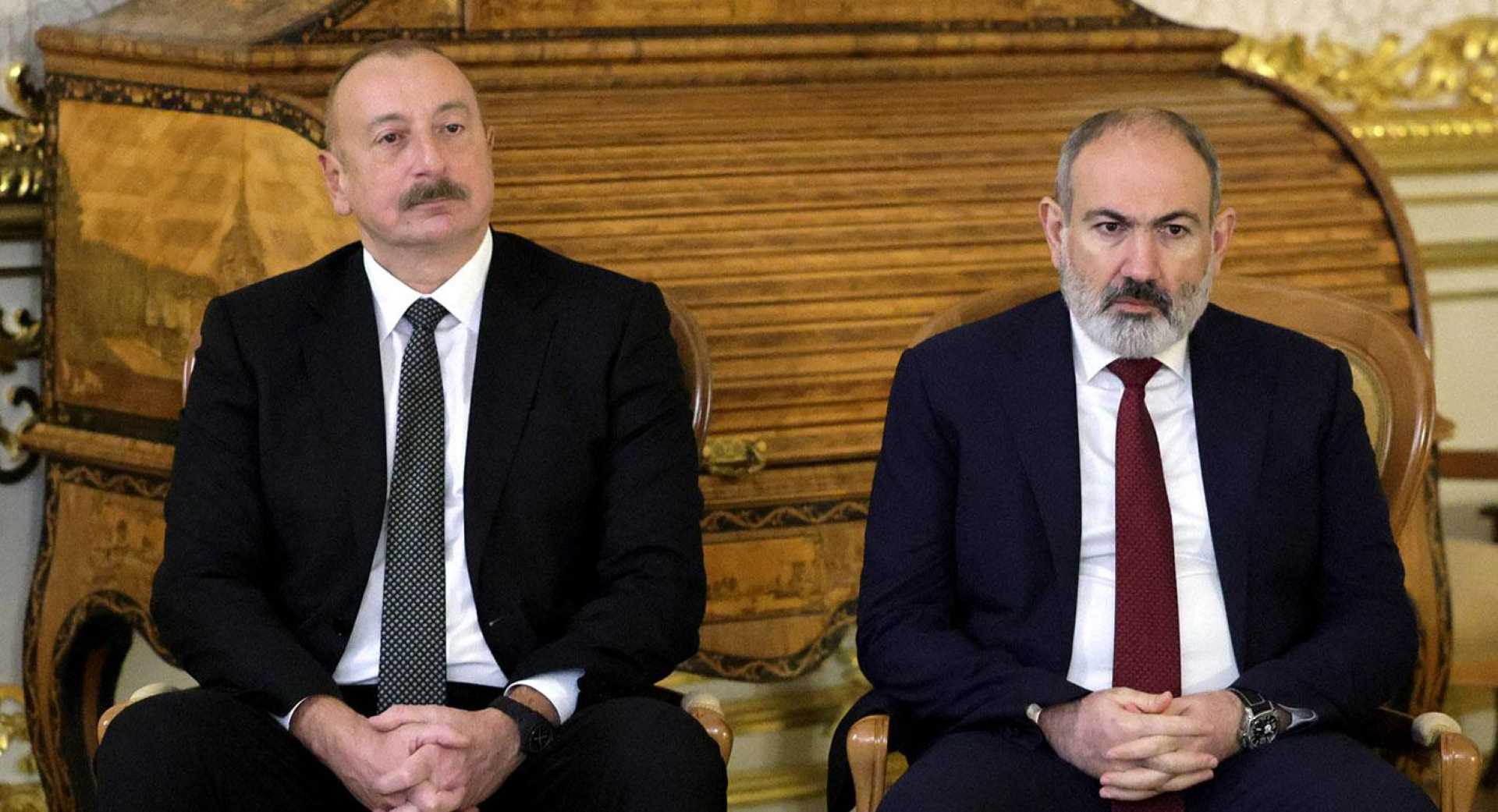World
Critics Warn Armenia-Azerbaijan Deal Fuels Instability and Weakens Sovereignty

Yerevan, Armenia — A peace agreement between Armenia and Azerbaijan, announced on March 13, continues to spark intense debate nearly two months later. While several Western capital’s leaders celebrate it as a historic breakthrough after decades of conflict, critics warn it actually threatens Armenia’s sovereignty.
One harsh critic is Tigrane Yégavian, a French-Swiss geopolitical expert of Armenian descent. He argues that the agreement represents a dangerous shift in power dynamics, as Armenia is forced into concessions that could lead to its long-term subjugation. “What Azerbaijan wants is a humiliation peace that would entail a mere rewriting of history,” Yégavian stated in a recent interview.
The conflict dates back to 1994 when the collapse of the Soviet Union sparked a war over the Nagorno-Karabakh region, primarily inhabited by ethnic Armenians. A full-scale offensive by Azerbaijan in 2020 resulted in over 7,000 deaths and thousands of displaced individuals. After a ceasefire, the situation remained fragile, culminating in September 2023 with Azerbaijan taking full control of the enclave, displacing around 120,000 Armenians.
Yégavian is skeptical about the current negotiations, stating, “The Armenians have a knife to their throat.” He warns the process is driven by an asymmetric power structure favoring Azerbaijan, while international observers continue to naïvely applaud. Details of the agreement remain undisclosed, but reports suggest Armenia may renounce territorial claims and remove war crimes charges.
Among the most controversial points is Azerbaijan’s demand for Armenia to amend its constitution to eliminate references to Nagorno-Karabakh. Armenian Prime Minister Nikol Pashinyan has indicated a willingness to comply, drawing sharp criticism domestically. Yégavian described this as an unprecedented and forced alteration of national identity.
Furthermore, Yégavian sees a strategy of gradual disarmament under pressure, comparing it to Hungary’s experience under Soviet control. He argues that the current agreement is just another slice of a long-term plan to undermine Armenian sovereignty.
As Armenia finds itself isolated and economically vulnerable, the international response has also come under scrutiny. Yégavian claims the EU overlooked ethnic cleansing in the region due to Azerbaijan’s significance as an energy partner amid the ongoing Russian-Ukrainian conflict.
The geopolitical implications extend beyond the two nations. Yégavian notes that powerful players like Turkey, Iran, Russia, Israel, and the U.S. have vested interests in the region, complicating the potential for a lasting peace.
“Azerbaijan has positioned itself as a strategic ally for both Israel and the U.S. against Iran,” said Yégavian, highlighting the intertwined fates of regional politics.
Amid this tumultuous backdrop, Prime Minister Pashinyan finds himself facing impossible choices, caught between international pressure and domestic discontent. “Either he signs a peace deal that amounts to capitulation or refuses and faces blame for blocking peace,” Yégavian concluded.
Recent statements from Azerbaijani President Ilham Aliyev further fuel concerns about renewed aggression, as he continues to vilify Armenia. Reports indicate that tensions along the border are rising, with accusations of Armenian provocations being firmly denied by Armenian officials.
The legacy of the ongoing conflict, especially the Christian heritage in Nagorno-Karabakh, remains at stake, as many families face an uncertain future. As Yégavian aptly puts it, the peace agreement may serve not as a resolution but as a smokescreen to perpetuate hostilities in a more calculated manner.












